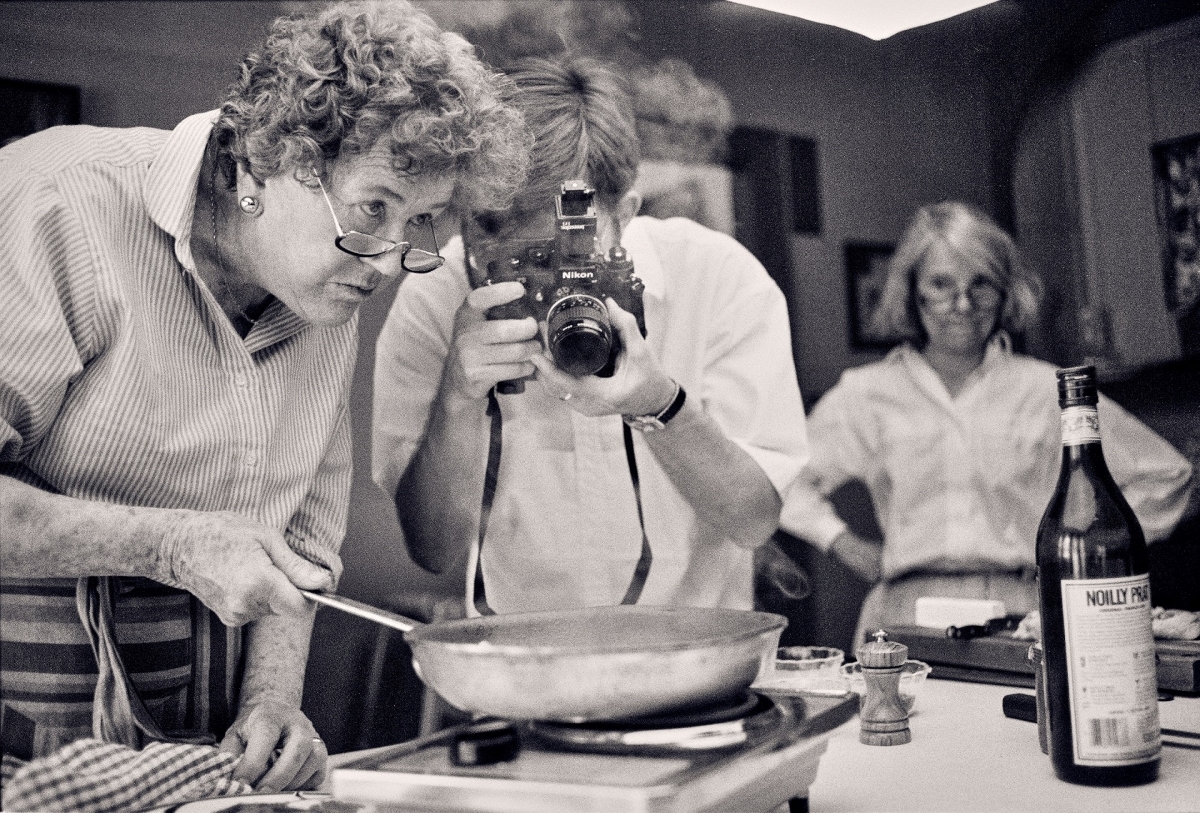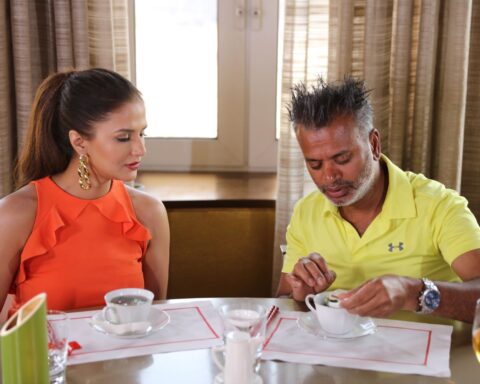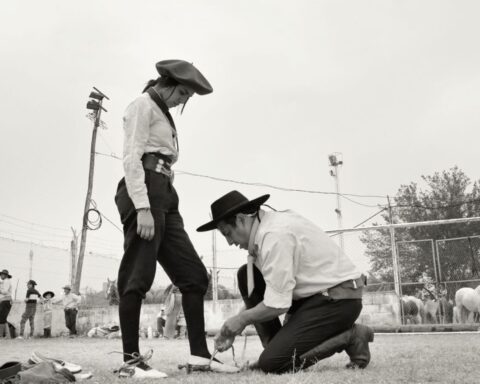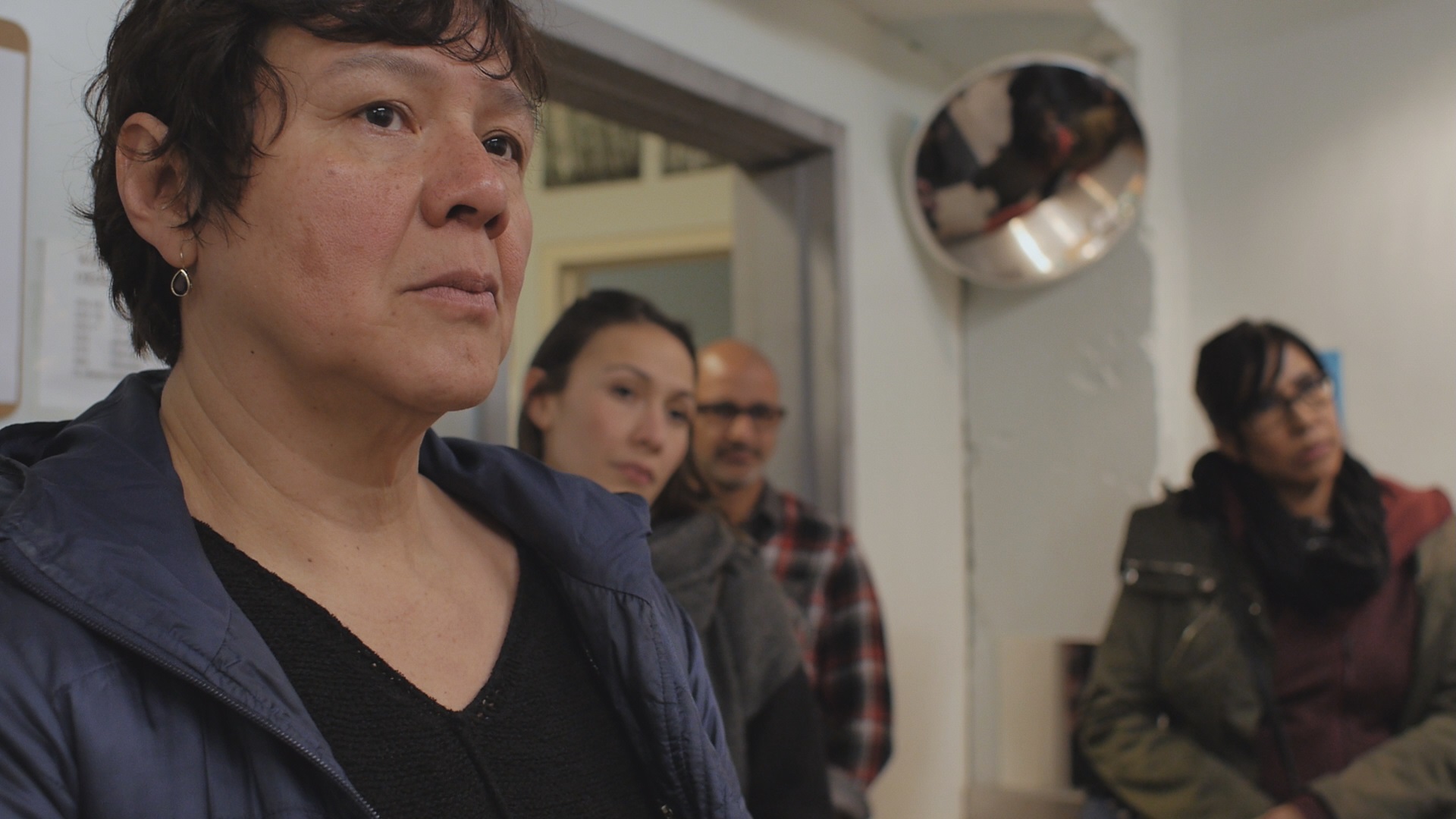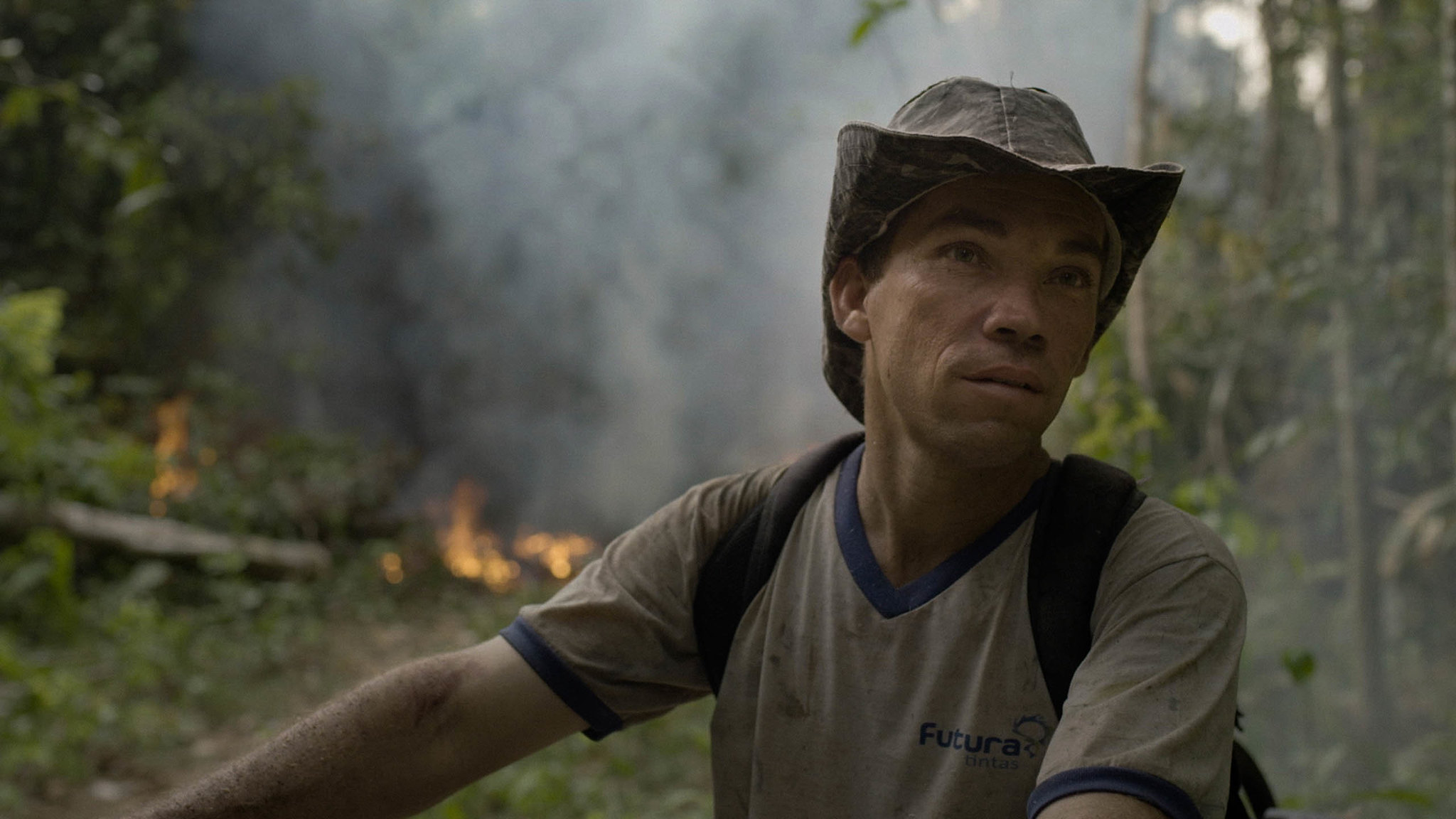The seeds of our love affair with cooking shows and celebrity chefs, and the influence they’ve had on the way we think about food and its place in culture at large, can be traced back to Julia Child.
The new documentary Julia by co-directors Julie Cohen and Betsy West, previously Oscar nominees for RBG (2018), tracks how Child became an icon in the cooking firmament while arguing why that show and her influence was and continues to be important.
It’s one of three docs about celebrity chefs released this past year, each of whose subjects has had an impact not only on the way we eat, but on culture in general. The others are David Gelb’s Wolfgang, his study on Chef Puck, and Morgan Neville’s understandably darker Roadrunner: A Film About Anthony Bourdain.
There are, of course, other significant chefs who have had multiple cooking shows and been highly influential, but these films form an interesting triptych concerning how we in North America think and talk about food since Julia Child first went on the air. What was once considered perhaps frivolous is now a subject of deeper importance.
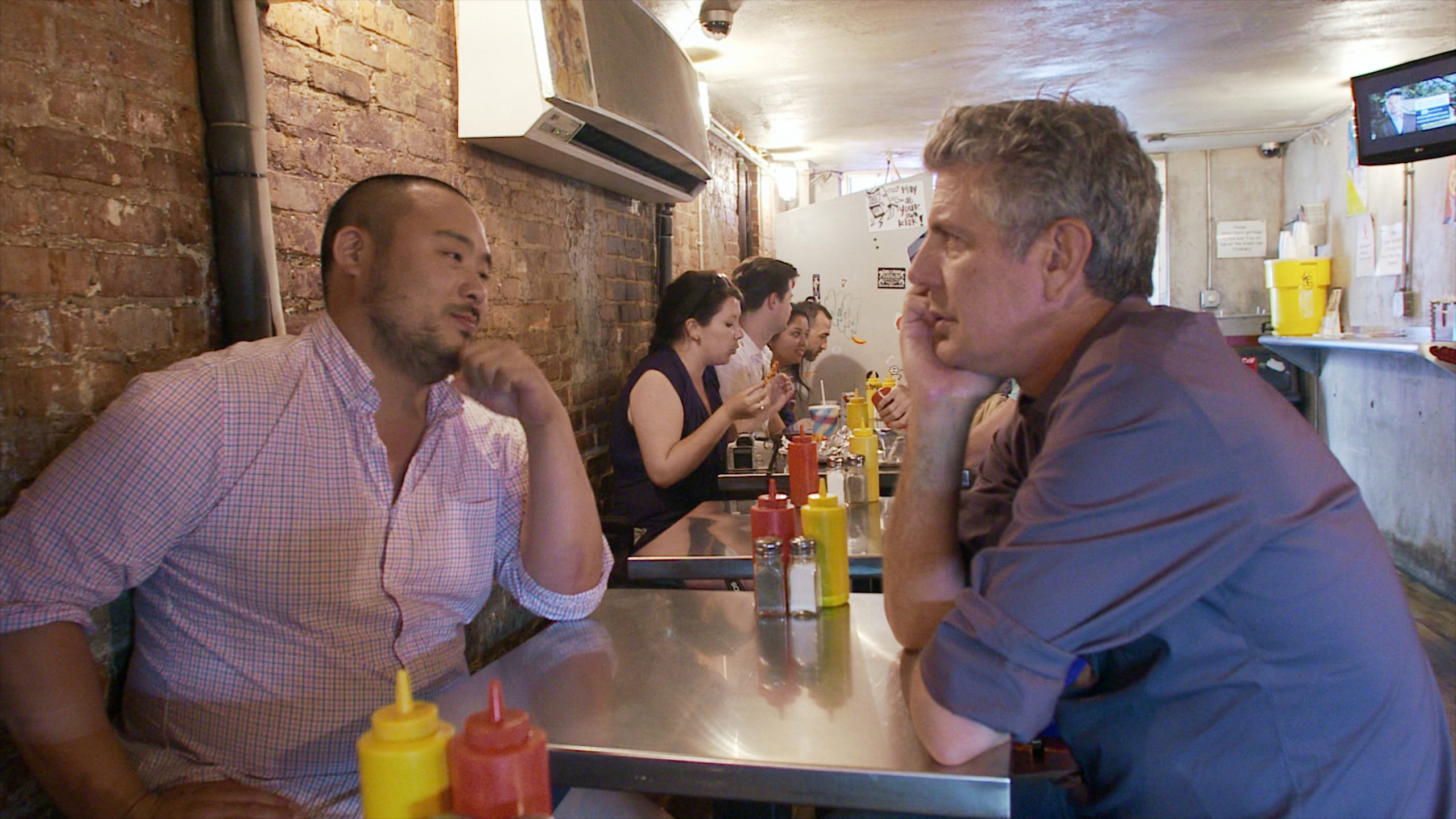
We see food as pleasure, as education, as entertainment, as competition. Food is, importantly, political: a driver of social cohesion and change. And that’s, in large part, a byproduct of the celebrity chef era.
We have several channels specifically devoted to food and cooking. Cooking shows are part of the lineup on standard and cable TV stations. Cooking segments are part of morning and daytime TV, and have been woven in as a part of stories on health and well-being. The range has broadened from the standard “stand-and-stir” cooking series like Child’s or a host of others—Nigella Lawson, Martha Stewart, Ina Garten, Lydia Bastianich, etc.—to shows that focus on a particular style of cooking, grilling, or baking, as well as competition programs, some of which pit pros against pros, and others that give talented home cooks a shot at fame.
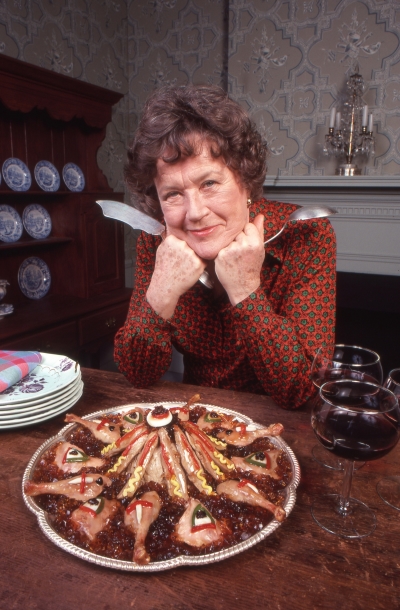
In the early ’60s, when Julia Child and her husband moved back to the United States after many years in France, none of this existed. North American cuisine, generally speaking, had become uninspiring. Meat and two veg for dinner. Canned and convenience foods. The TV dinner on the TV table in front of the TV. Americans had moved away from the kind of scratch cooking and eating rituals that Child experienced as a daily routine in France.
But, as we learn in Julia, she returned to America transformed by France and food. She had become a Cordon Bleu-trained chef and an author. Interested in promoting the cookbook she co-authored, Mastering the Art of French Cooking, she was booked on a local talk show and decided to do a cooking demo. It was awkward and charming. One of the producers felt that it would make a good television show. And so, The French Chef went on the air and an improbable television star was born. In her fifties, the unusually tall, slightly awkward, cheery, very self-assured woman with the oddly pitched voice and wry humour captured the attention of a large audience.
Child was a highly skilled chef. But nothing she proposed or demonstrated spoke of snobbery. Her goal wasn’t to impress. She wanted people to consider food, real food, and traditional European-style eating, with its emphasis on quality and taste, as an important value. As we learn in the documentary, for Julia Child, well-made food was a sensual pleasure to be enjoyed several times a day. Her influence was like a drop of water in a pool, rippling endlessly outward, to the point where she is, in some ways, more popular now than ever.
Food has become central in deeper cultural issues, ranging from health and well-being to how foods are grown and whether we should support organic or non-organic agriculture. We see food production now as connected to concerns around climate change, sustainability, and equality. In local communal gardens, which rarely existed 50 years ago, eating locally and seasonally is part of normal conversation.
We also think of food as being part of political and global issues. Spanish-American celebrity chef José Andres responded to the 2010 earthquakes in Haiti by founding World Central Kitchen, one of the first support groups that visits places devastated by natural disasters in order to draw attention to the issues of feeding people in crisis.
As individuals, our relationship to food has changed a lot since Child first went on television. The idea of buying the best ingredients one can afford, and really enjoying food isn’t seen as unusual anymore. Not so long ago, anyone who wanted to cook so-called “ethnic food” had to go seek out specialty stores to buy certain ingredients. Today, they’re carried in local grocery stores and supermarkets.
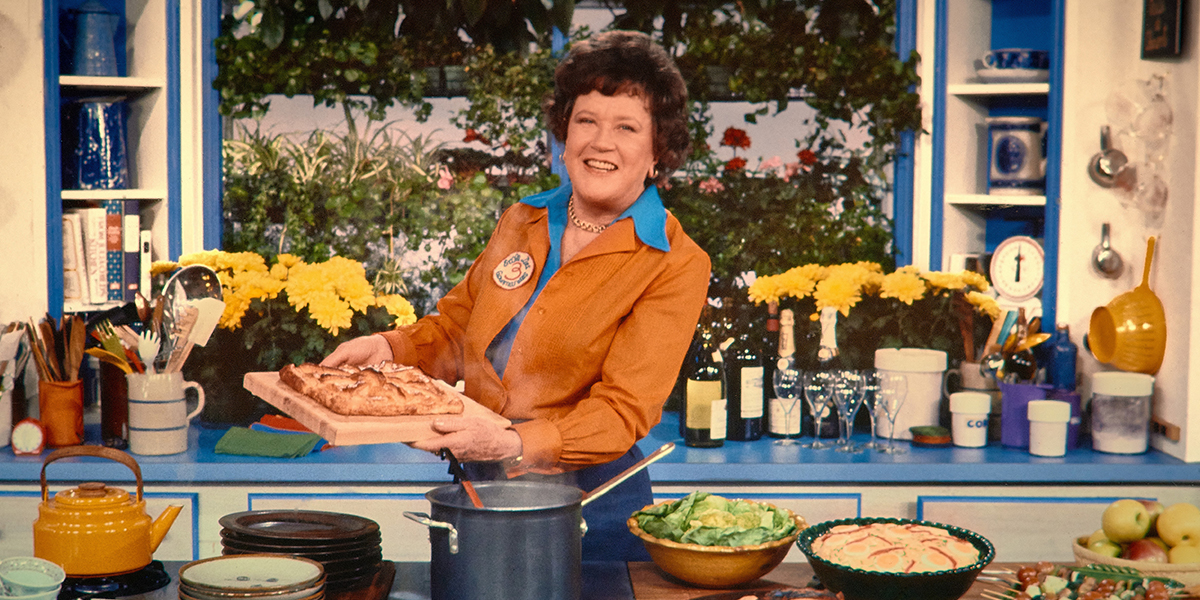
All of this existed before COVID shut us in our homes face-to-face with our own cupboards and talent in the kitchen—or lack thereof. The pandemic amplified cooking as a chore, but cooking also became something more significant: It was suddenly a point of connection. We were all stuck at home, looking for something to make. Baking bread, and posting the results on social media, became such a big thing that stores started running out of basics like yeast and flour. Baking is a running gag in the COVID-era caper movie Locked Down (2021), where the character played by Chiwetel Ejiofor is obsessed with learning to make a perfect loaf of bread.
Jamie Oliver, one of the most consistently reliable and credible chefs, heard the despair and stepped into the void with a series called Keep Cooking and Carry On. Oliver’s influence can’t be overstated. He’s used his television platform as a means to educate and his celebrity as a way to draw attention to a range of issues involving food and nutrition.
Like everyone else, he was at home in lockdown, with his wife, Jules, and kids around. With Jules shooting on an iPhone, Oliver demonstrated how they were feeding the family using what they had in the house, using simple cupboard ingredients to make interesting meals. American blogger-turned celebrity chef Ree Drummond, aka “The Pioneer Woman,” also turned her family into a production crew and worked with cupboard basics. At a time when many of us were struggling with isolation, confusion, and worry about the future, these pandemic response shows were like comfort food for the soul. It felt unifying. We were all in this together.
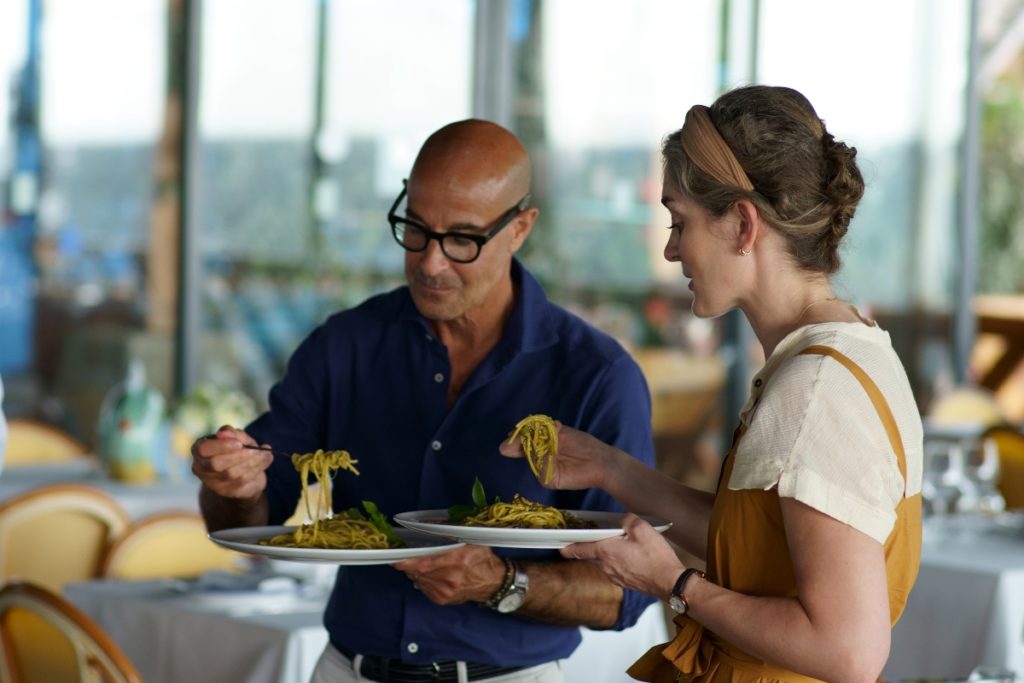
Did COVID refocus us on changing the way we cooked? Or did we just turn on the TV and watch? Food Network US reported higher ratings for all their shows during the pandemic.
During the lockdown, actor Stanley Tucci’s new show Searching for Italy debuted on CNN and people went crazy for what he was doing. The show featured Tucci experiencing places in Italy, talking to chefs and food producers, making and really savouring the food. Fans searched out his recipes online, exchanged variations on what he’d made, and generally drooled over the wonders of Italian cooking.
This I know something about. For two seasons, I was part of the crew for David Rocco’s Dolce Vita, which was shot in Italy, and then ghost-wrote three cookbooks with David partly based on those shows. David is an excellent and intuitive cook who learned from his mother and other great cooks in his family. As the child of Italian immigrants, he grew up with a very Italian attitude to food and cooking, one that demands excellent ingredients, and equates food with a kind of joy.
He talks about cooking as alchemy. How humble ingredients like flour and water, mixed together, treated right, will transform into something spectacular that will enliven the senses—pasta, pizza, various doughs—and the way the same patch of dough will taste different depending on its shape. He also sees learning how to cook as confidence-building. But David, in that very Italian way, believes not just in the importance of sharing meals with other people, but that this, in part, is what makes food special. Even humble meals, to him, take on a special meaning when made with care and attention and shared with others. He’s taken his shows to other countries—India, South Africa, parts of Asia—and this business of sharing is part of the message of every series he’s done.
Italy blew me away in many ways. When it came to food, Italy was a revelation. We talk about people in Toronto being house proud, but people in Italy are food proud. I remember one Sunday when we met up with a friend of a friend at a local bar for espresso in a small town in Sicily. Twenty minutes later, after downing our espressos and breakfast pastries, we were walking down a steep street—you could see the sea—to his mother’s house, where his family was gathering for the usual Sunday pranzo or lunch: a feast of pasta and sauce that now included us.
Believe me, this was as simple as it gets. Flour and water for the pasta, made on a big table in the courtyard and then set out to dry in the sun. As we waited for that, the family made a simple tomato sauce, which simmered for a while and then was finished in the biggest food mill I’d ever seen. Some of the best food I ate in Italy was basic but tasted like something you’d eat in heaven.
No one in Italy would call themselves a “foodie.” The idea of good-quality food, even for those simple meals, is so baked into the culture that I doubt anyone thinks about it being any other way.
For a lot of us, food also speaks to our heritage, our family roots, and our culture. It’s something many of us turn to at certain times of the year for comfort and connection to something deep inside of ourselves. But it’s also a means of entering into other cultures.
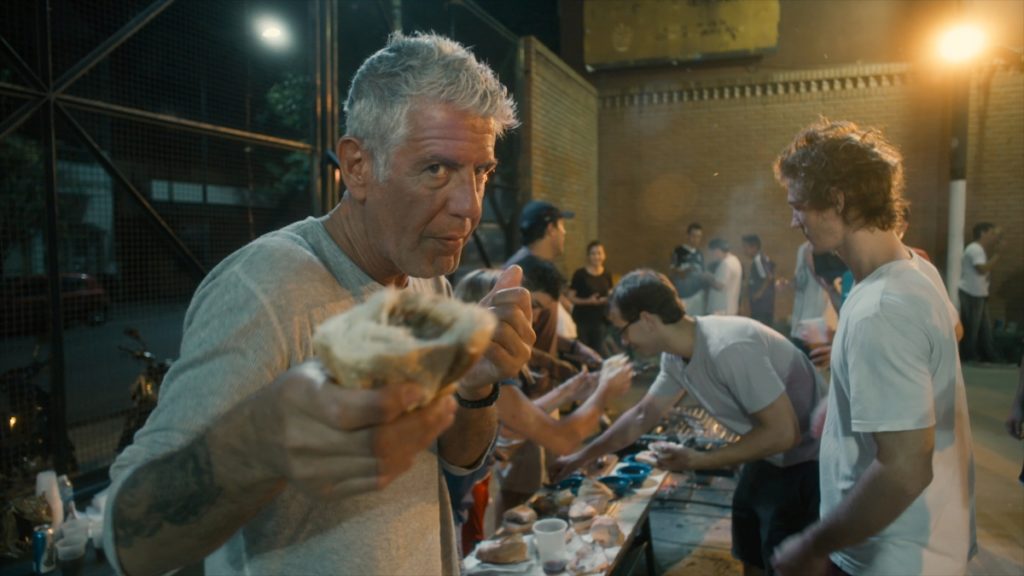
That defined the television work of the charismatic and intelligent late chef and TV host Anthony Bourdain. Over the course of several television series, he travelled around the world, delving into traditional dishes, cultural traditions around food, and ways of eating. In a shrinking world, of melting-pot societies and the homogeny of globalization, food is a powerful entry point to values and traditions that we’d better think about before agreeing to give them up. And of course, for Bourdain, food was an opening to conversation, sometimes easy-going, sometimes political, and always a door to empathy.
At the heart of everything was Bourdain’s passion for authentic cooking, and his fascination and appreciation for watching chefs, whether in fancy restaurants, at street stalls, or even at home, was a joy. Bourdain’s charisma brought viewers to his show. They responded to his appreciation and respect for authenticity and generosity around the table.
He had little patience for bullshit, and was unsentimental and often remote. But that just made him more engaging and effective. He inspired people, including a younger generation, to think about food as something special: to pick up a good knife, learn to use it properly, and think seriously about what they were doing. There was a demand for excellence there, and an imperative, no matter what you were cooking and eating, to think about it. Make it count.
Morgan Neville’s Roadrunner: A Film About Anthony Bourdain is a tender-tough look at Bourdain’s trajectory from a food lover and part-time writer to a media star. Bourdain was a complicated guy, but when it comes to food, in some ways you can draw a straight line directly from Julia Child to him. They were two chefs, passionate about authentic well-made food, who believed that it should be part of every day, accessible to everyone. Both were passionate about real food, wonderful cooking, and the sensual joys of eating a great meal. Through their shows and books, they inspired many to get out of their comfort zone and to see food as ticket to some kind of transformation.
Bourdain cared about the legacy of great cooking as well. He was an executive producer on the 2016 documentary Jeremiah Tower: The Last Magnificent about the chef who, along with Alice Waters, is credited with creating, in the early ’70s, what came to be known as California cuisine. In less than a decade from when Julia Child went on air with The French Chef, there was already a new generation of American cooks rejecting the idea of packaged and convenience foods, who believed in a culture of food based on what was fresh, local, and seasonal, using the bounty of what was grown in California as a basis for what they offered. Today, that sounds obvious. But at that time, it was the beginning of a revolution.
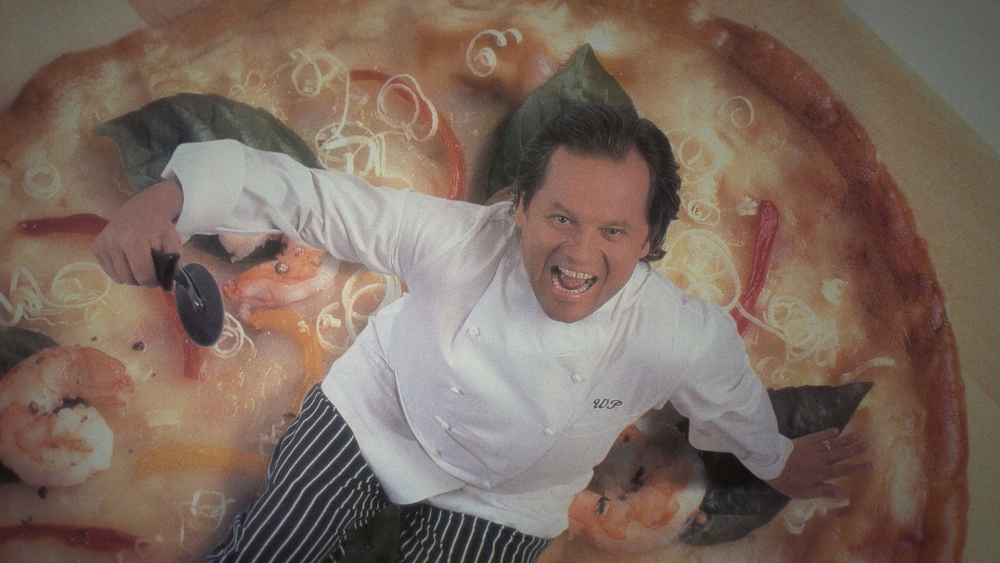
Earlier this year, director David Gelb’s documentary Wolfgang focused on another innovator of California cuisine, Wolfgang Puck. Gelb also directed the 2011 documentary Jiro Dreams of Sushi, about the Japanese master sushi maker, another traditionalist demanding excellence, and is the producer of television’s Chef’s Table. Wolfgang walks us through Puck’s life, from when he started working in kitchens at the age of 13 and kept going, learning classical French cuisine, before ultimately landing in California. At that point in history, as the film reminds us, even some of the best restaurants weren’t that impressive when it came to food. The star of the restaurant was the owner, not the chef. But, like Child and Bourdain, Puck took quality and locally grown foods seriously. He turned one restaurant around, then, with his second wife Barbara, left to open Spago, his own, and soon after created a new take on pizza that became a point of influence for restaurants around the continent. Like Julia Child and Anthony Bourdain, Wolfgang Puck became a true celebrity chef and a key figure in the way North Americans view and consume food.
We still don’t eat the way the French do, for the most part. But the influence of these chefs and the way they’ve used their media has changed the game in North America. A lot more of us are thinking about what we eat, who we buy from, and what it all means to us. I think Julia Child would be pleased.




